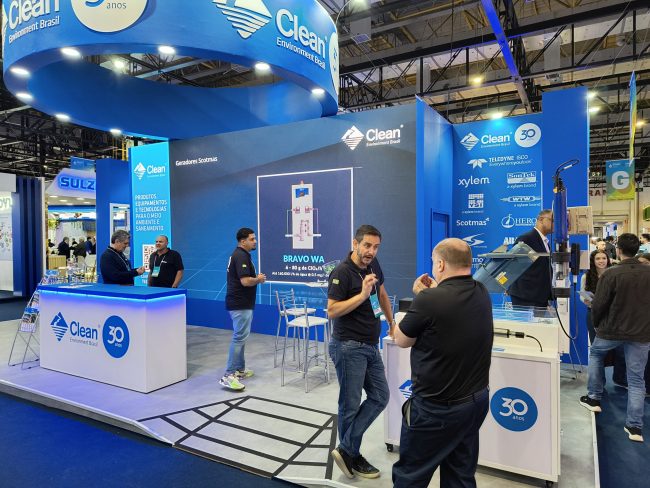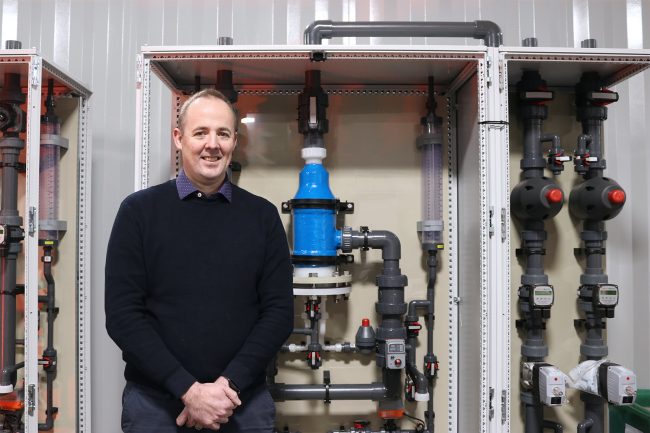Scotmas Showcases Chlorine Dioxide Technology on the World Stage
Scotmas’ Chlorine Dioxide technology is taking centre stage at two major international events this month – Healthcare Estates 2025 in Manchester, UK, and FENASAN 2025 in São Paulo, Brazil. Both exhibitions bring together leading voices from across the water treatment, healthcare, and environmental technology sectors. Their shared focus, delivering safer, more sustainable water solutions, aligns…








